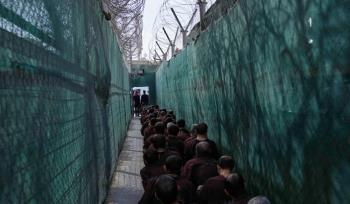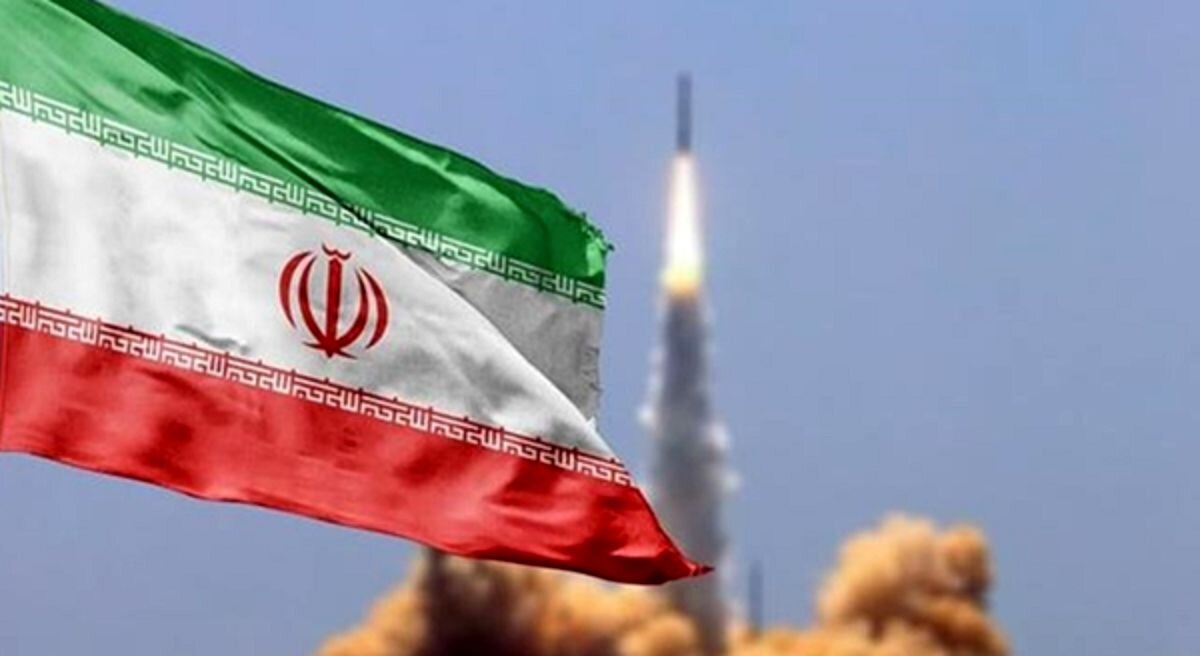Alwaght- The desperate attack of the Israeli regime on some parts of Iranian soil in addition to foisting a military failure on the Israeli regime due to high capabilities shown by the Iranian air defenses carried a major victory for the Islamic Republic in terms of diplomacy, which is of high significance.
In other words, it can be said that the Iranian success in effectively deterring the massive Israeli air aggression was a two-sided coin, with one side being Iran's diplomatic defense.
To better understand this diplomatic defense, we can look at the regional developments and massive moves of Iran's diplomatic apparatus characterized by repeated visits of the Foreign Minister Abbas Araghchi to Arab countries in the past three weeks in the period between Iran's attack on Israel and Israel air assault on Iran earlier on Saturday.
About three weeks have passed since the large-scale Iranian missile Operation True Promise II deep in the occupied territories. With this operation that took place on October 1 and in response to Tel Aviv's repeated aggression including assassination of Hamas chief Ismail Haniyeh in Tehran and Hezbollah Secretary-General Seyyed Hassan Nasrallah, and Iran's General Abbas Nilfroushan, who was a senior adviser of the Islamic Revolutionary Guards Corps in Lebanon, Tehran dealt a blow to the Israeli military infrastructure way larger-scale than that of April and shattered its empty air defense power and recorded a strategic missile supremacy over Tel Aviv.
As a result of this heavy blow, the Israelis, who failed to censor the impact scenes of the Iranian missiles because they went viral on social media, threatened Iran with retaliatory strikes.
Meanwhile, though Tehran warned that any new Israeli aggression will be met with a stronger response amid preparation of Iran's military for any scenario, Iran's diplomatic arm powerfully stepped in. Araghchi visited regional countries and reiterated Iran's firm resolution for defense of its territory and sovereignty and warned the regional countries that Iran will not close its eyes to any cooperation with Israel in a possible anti-Iranian aggression. At the same time, he explained to the Arab leaders the dangerous Israeli plan to move out of the Gaza and Lebanon quagmire through expanding the crisis to the whole region.
As part of his diplomatic push and at the height of the Israeli threats and attacks on Beirut, Araghchi made an adventurous with a show of power visit to Lebanon, Syria, and Iraq to send a message of Iran's firm standing in support of the Axis of Resistance and downplaying the Israeli threats. He then visited Persian Gulf Arab states including Oman, Qatar, Saudi Arabia, and then Jordan and Egypt to talk with their leaders about regional developments. He also made a rare visit to Bahrain after 16 years of chilly relations between the two countries.
And now after the largely showy Israeli operation of Saturday night, the success of this diplomatic defense shows itself in two aspects.
First, with Iran making clear its resolve to response to any cooperation with Israel, the Israeli regime was not allowed to use airspace of regional countries or American military bases in these countries to attack Iran, despite the fact that Washington gave Tel Aviv a green light and put its bases at service of Tel Aviv. This is a diplomatic jackpot for Iran since in addition to the restrictions it caused to the Israeli operation, it showed that the US efforts to build an Arab-Israeli coalition against Iran-led Axis of Resistance have terribly failed.
Second, Iran scored a diplomatic victory when the regional countries collectively condemned the Israeli attack, while they did not condemn Iran's True Promise I & II operations. This indicates that regional countries find the Israeli military action illegitimate and destabilizing to the region and with their condemnation of Israeli aggression they see the regional peace passing through cooperation with the Islamic Republic.



























